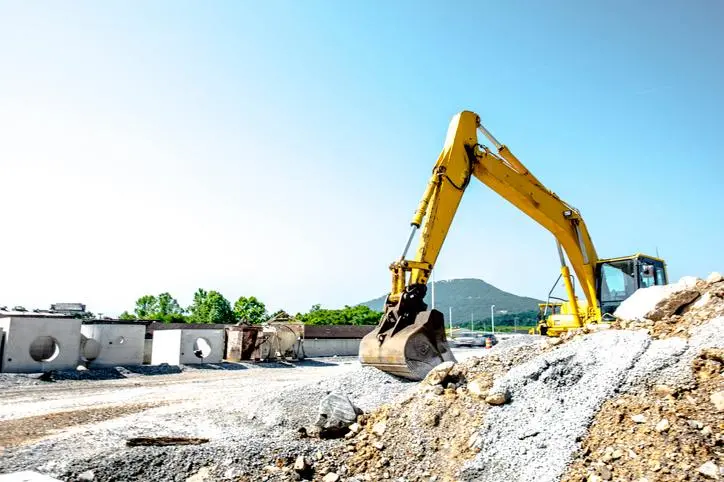PHOTO
Tunisia – The RE-MED project, which aims to transform construction and demolition (C&D) waste into resources for road construction and maintenance in Mediterranean countries, was launched on Tuesday during a videoconference attended by project managers and representatives of Mediterranean and European media.
It consists of the "Application of innovation for the development of the circular economy for sustainable construction in the Mediterranean." It involves four countries: Tunisia, France, Italy and Lebanon.
This project is part of the largest European cross-border cooperation programme with the Mediterranean countries. It is overseen by the Centre for Studies and Expertise on Risk, Environment, Mobility and Planning (French: CEREMA), for a period of 30 months, from October 2020 to March 2023.
"The RE-MED project has a €3.1m budget, 90% of which is funded by the EU; it was born of the need to reduce the environmental and health impacts due to failures in the management of C&D waste.
"RE-MED relies on technology transfer (TT) to transform C&D waste into resources for road construction and maintenance," the project partners said.
The challenge of this TT is to start building a recycling chain for C&D waste and to use it for the societal, environmental and digital transition of the Mediterranean territories, they added.
The project intends to support the Tunisian and Lebanese Environment Ministries to change regulations and make use of at least 20% recycled aggregates in road construction.
With the CEREMA support, the project will implement structured training, decision support tools (methodological guides, business models, data sharing platform, environmental impact calculation, draft standards) and tests of new technologies (BIM, 3D modelling of road damage surveys).
It will also bring together research bodies (universities, technical centres), SMEs and industrialists (construction and public works companies, quarries, etc.) involved in the C&D waste activity chain (production, sorting, treatment and recovery).
The objective is to support the TT in the Mediterranean territories to recover construction waste and boost its use in road construction.
This will be embodied by integrating at least 30% of recycled materials while transferring and disseminating recycling practices, which will develop a new market.
Project coordinator Oumaya Marzouk said the project will enable the construction of three facilities for the production of recycled aggregates from C&D waste, two of which will be in Tunisia and one in Lebanon, and local jobs will be created.
"These facilities could be sustainable constructions and should be built by quarries that want to move towards a sustainable and circular production method, local authorities or waste management companies," she said.
The project also provides for the construction of a 1 km pilot road, the creation of a RE-MED Community online platform for expertise sharing, the proposal of 4 draft laws/decrees and the filing of a patent.
Several institutions and departments in the target countries are collaborating to carry out this project.
They are the University of Palermo (Italy), the Tunisian Ministry of Local Affairs and Environment, Centre for Testing and Construction Techniques, Afrique Travaux, the Lebanese Ministry of Environment, the Lebanese Union of Public Works Contractors and American University of Beirut.
Associated partners also include the Higher Institute of Water Science and Technology of Gabes, the National School of Engineers of Tunisia and the National Institute of Standardisation and Industrial Property.
In Tunisia, the C&D waste accumulated in the country since the year 2000 reached about 8 million m3, 70% of which is located in the major coastal cities of Tunis, Sousse and Sfax.
This waste, dumped in the natural environment and in anarchic dumps, constitutes a great potential which could be exploited within the framework of a strategy of the circular economy.
"Roads need these materials," Oumaya Marzouk said, adding the aim of Re-Med is to reuse this material in the right way for the right reason and create a structured rubble recycling market.
© Tap 2020 Provided by SyndiGate Media Inc. (Syndigate.info).





















